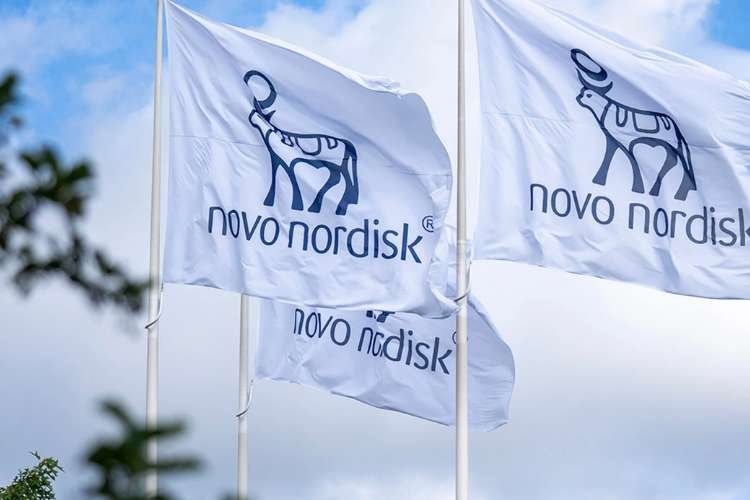In a recent development surrounding the study of injectable semaglutide’s efficacy in chronic kidney disease, Novo Nordisk has found reason to celebrate. Novo Nordisk made the strategic decision to terminate its kidney outcomes trial, known as FLOW, based on recommendations from the study’s independent data monitoring committee. This exciting development was triggered by semaglutide, which is also known as Ozempic, Rybelsus for Type 2 diabetes, and Wegovy for obesity, meeting specific pre-defined criteria for early trial termination, as revealed in a press release by Novo.
In light of this interim victory, Novo Nordisk is in the process of concluding the FLOW trial. The company, however, will remain unaware of the study’s data until the formal completion of the trial, which is anticipated to occur during the first half of 2024.
Commenced in 2019, the FLOW trial’s primary objective is to compare the effects of injectable semaglutide 1.0 mg with a placebo when added to the standard care regimen. Novo Nordisk has been striving to establish semaglutide’s potential to replicate the successes it has achieved in treating diabetes and obesity for patients with chronic kidney disease (CKD).
Also read: New Lawsuits From Novo Nordisk Are Filed Against Synthetic Versions Of Wegovy And Ozempic
Specifically, the trial seeks to determine whether semaglutide can impede the progression of CKD and reduce the risk of kidney failure and cardiovascular complications leading to death. Novo Nordisk reports that over 3,500 patients are participating in the trial, and its primary composite endpoint encompasses various factors, such as reducing eGFR levels, the need for dialysis or kidney transplant, as well as deaths resulting from kidney or cardiovascular complications among Type 2 diabetes patients with CKD.
Novo Nordisk’s achievement in the FLOW trial coincides with the emergence of another class of diabetes medications, SGLT2 inhibitors, which includes AstraZeneca’s Farxiga and Eli Lilly and Boehringer Ingelheim’s Jardiance, gaining ground in the field of CKD treatment.
Despite the remarkable success of semaglutide in treating diabetes and obesity, Novo Nordisk continues to explore its potential applications beyond these core areas.
Also Read: Novo Nordisk’s Semaglutide Facility In North Carolina Faces FDA Scrutiny Over Quality Issues
Previously, in August, Novo Nordisk disclosed that semaglutide 2.4 mg, the dose used in Wegovy, had demonstrated a 20% reduction in the risk of major adverse cardiovascular events when compared to a placebo and standard care. This result was derived from a large-scale Phase 3 trial involving overweight or obese patients with established cardiovascular disease.
Building on this trial’s success, Novo Nordisk plans to seek label expansion to incorporate the cardiovascular risk-reduction data in the United States and Europe this year. The company intends to present the detailed findings from this study, known as SELECT, at an upcoming scientific conference. However, it’s worth noting that semaglutide has encountered some challenges recently, including manufacturing and supply issues. Additionally, a study conducted by the University of British Columbia and published in the Journal of the American Medical Association revealed a small association between Novo’s popular GLP-1 products and gastrointestinal conditions such as gastroparesis, pancreatitis, and bowel obstruction. It’s important to emphasize that the risk identified in this study is considered to be very minimal.





























